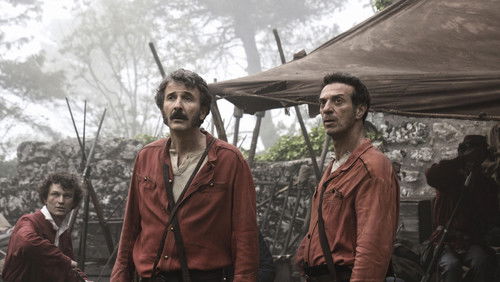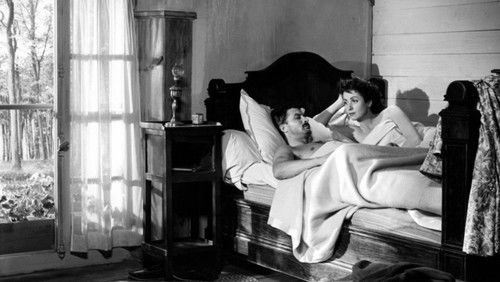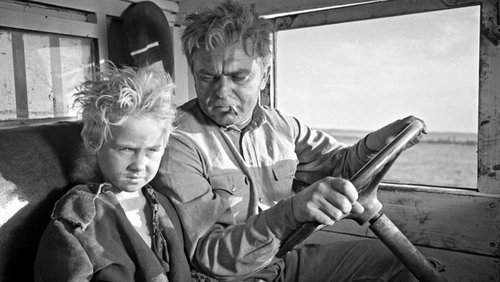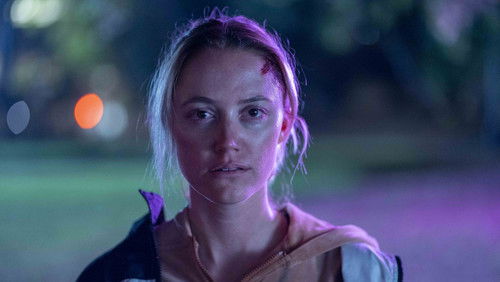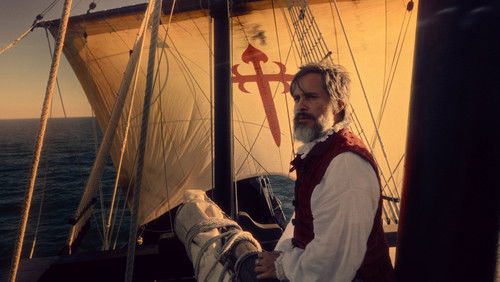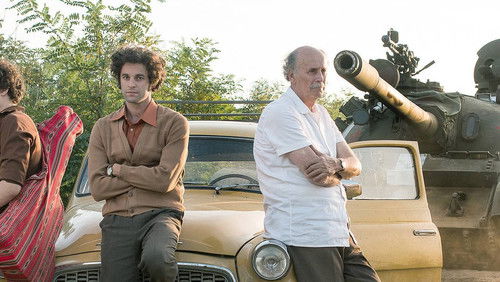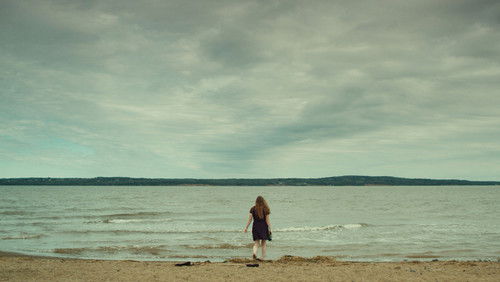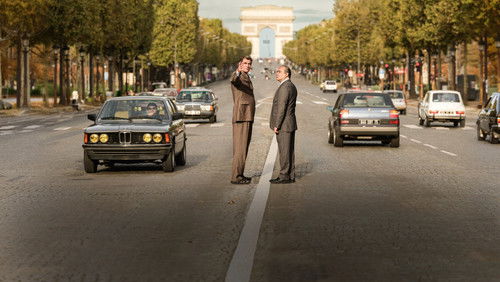Humanität (1999)
38KHumanität: Directed by Bruno Dumont. With Emmanuel Schotté, Séverine Caneele, Philippe Tullier, Ghislain Ghesquère. When an 11-year-old girl is brutally raped and murdered in a quiet French village, a police detective who has forgotten how to feel emotions–because of the death of his own family in some kind of accident–investigates the crime, which turns out to ask more questions than it answers.
“u0026quot;The power of cinema lies in the return of man to the body, to the heart, to truthu0026quot; – Bruno Dumontu003cbr/u003eu003cbr/u003eIn Lu0026#39;Humanite, by Bruno Dumont (La Vie de Jesus), Pharaon de Winter (Emmanuel Schotte) is a Police Superintendent called upon to investigate the murder and rape of an 11-year old girl. Flaunting almost every cinematic convention, the film is not about solving a crime but a 2 1/2-hour poem of mood, time, silence and spirit. Set in northern France in the directoru0026#39;s hometown of Bailleul, the characters are unglamorous members of the working class. Dumont devotes long stretches of the film to simply observing Pharaon going about his life: eating an apple, tending his garden, watching a soccer game on television, interacting with his mother, or being a friend to his neighbor Domino (Severine Caneele), a rugged factory worker and her obnoxious bus-driver boyfriend Joseph (Philippe Tullier). He is an unlikely cop, a passive, stoop-shouldered, and empathetic man who would sooner kiss a prisoner on the lips or stroke his neck as browbeat him. Pharaon sees the suffering of the world and wants to hold it in his hands and stroke it. Schotteu0026#39;s performance is so expressive that his best actor award at Cannes was criticized because most people thought he wasnu0026#39;t acting, just being himself. u003cbr/u003eu003cbr/u003eAs the film opens, a man is walking in the distance alone across a grassy hill. Suddenly as the camera moves in for a close-up, he collapses in the mud and just lays there for a while. Is he dead or alive? Did he commit the crime? In the next scene, he is sitting in his car listening to harpsichord music and we discover that he is a policeman talking in a barely audible voice to his superior. The film cuts away to the battered body of an 11-year old girl, her torn and bloody vagina graphically shown as the police gather. Pharaon maintains the same anguished, enigmatic look on his face throughout that makes us uncertain if he is the murderer or the Second Coming of Christ. We know very little about him except that he u0026quot;lostu0026quot; his wife and child a few years ago, but it is never made clear whether he lost them or they lost him. Signs of passion or involvement are rare but come with a sudden ferocity, as when he is walking across the crime scene and starts to scream at the top of his lungs, a sound drowned out only by the passing Eurostar train. u003cbr/u003eu003cbr/u003eLu0026#39;Humanite is an involving and disturbing film that you cannot feel lukewarm about. It is profoundly moving but often agonizingly slow and virtually unwatchable in some of its graphic details (you may never want to have sex again after watching these mechanical exercises). The climax of the film is as perplexing as the beginning with an ambiguous resolution that Iu0026#39;m not quite sure what to make of. What I do know is that I felt as vitally alive watching this film as I did the first time that I saw Leolo by Jean-Claude Lauzon. Lu0026#39;Humanite is a breath of fresh air on the turgid cinema landscape and Dumont is as honest and challenging a director as Iu0026#39;ve seen in quite a long time. His film continually forces us to question what we are looking at and, as the title suggests, keeps bringing us closer and closer to the core of what makes us truly human.”

